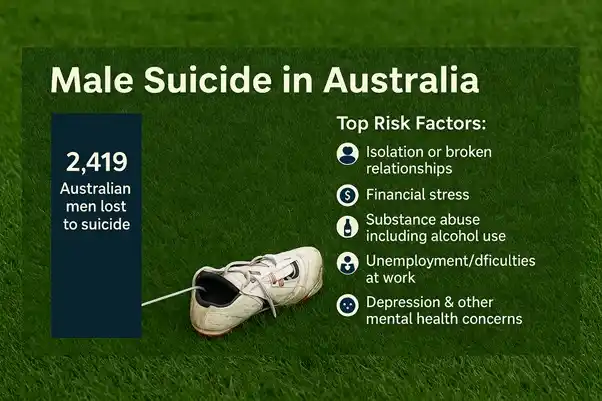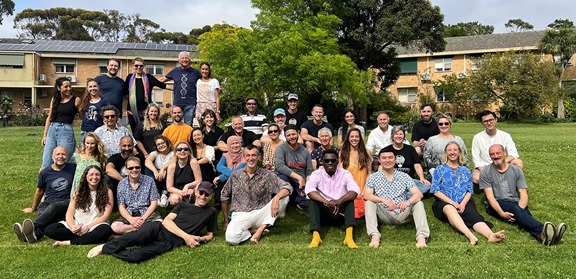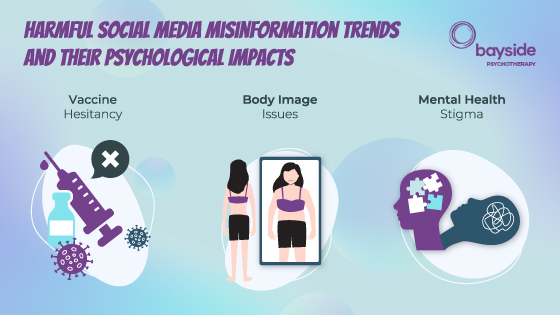What are the symptoms of depression?
Symptoms of Depression
Depression is one of the most common mental health problems facing the western world. In Australia, approximately 1 in 5 adults are experiencing depression at any one time.
When people hear the word “depression” they typically associate it with what the DSM classify as major depressive disorder. The symptoms associated with depression include:
- loss of enjoyment of previously pleasurable activities
- unable to sleep (insomnia) or staying asleep for much of the day (hypersomnia)
- change of appetite (either increased or decreased)
- slowed movements
- difficulty making decisions
- sad or low mood
- crying excessively
- feeling excessively guilty
- feelings of numbness
- experiencing suicidal thoughts
In medical circles these symptoms must be experienced for at least two weeks to qualify for a diagnosis of major depression.
There is more than one type of depression
There are a number of other types of depression that are not as well-known including bipolar disorder and dysthymia. Bipolar disorder involves mood states of extreme highs and lows, with the highs referred to as mania during which individuals report energy bursts, extreme positivity, irritability, impulsivity, heightened creativity and spiritual encounters. These states co-exist with periods of low mood reminiscent of major depressive disorder. Dysthymia is commonly regarded as a less intense version of major depression that persists for many years and is also known as chronic depression.
Furthermore, Sidney Blatt proposed two further categories of depression termed introjective and anaclitic depression. Introjective depression involves excessive self-criticism whereby depression arises from experiencing oneself as a failure and feeling completely worthless. Anaclitic depression is more reflective of excessive dependency overlaid by feelings of loss, abandonment and loneliness.
Depression and Grief are not the same
It is extremely important to note that experiencing periods of sadness is fundamental to the human condition as life is full of challenges and disappointments. For example, intense sadness, crying and disturbed sleep and appetite are common after a significant loss, whether it be the death of someone we know, the end of a relationship, or being fired at work. A grief reaction is nature’s way of helping us to realise what we have lost and working through our feelings so that we can gradually move past the loss enough to be open to new experiences and relationships and regain a sense of hope and positivity in life.
Here are a couple of blogs written on this topic you might find useful:
Is It Time For The AFL To Cast A Menta...
At Bayside Psychotherapy we are passionate about mental health and like many fellow Melbournians, many on our team are avid AFL fans. So when two of our.
Exploring Emerging Therapies: Understa...
At Mind Medicine Australia, we are dedicated to transforming the trea.
The Balance of Power in Romantic Relat...
Why do some relationships thrive while others feel like a constant tug-of-war? Power dynamics lie at the heart of this balance.
The Dark Side of Social Media: How Mis...
Ever find yourself scrolling mindlessly on your phone, only to realise the hours have slipped away? You’re not alone. For man.











